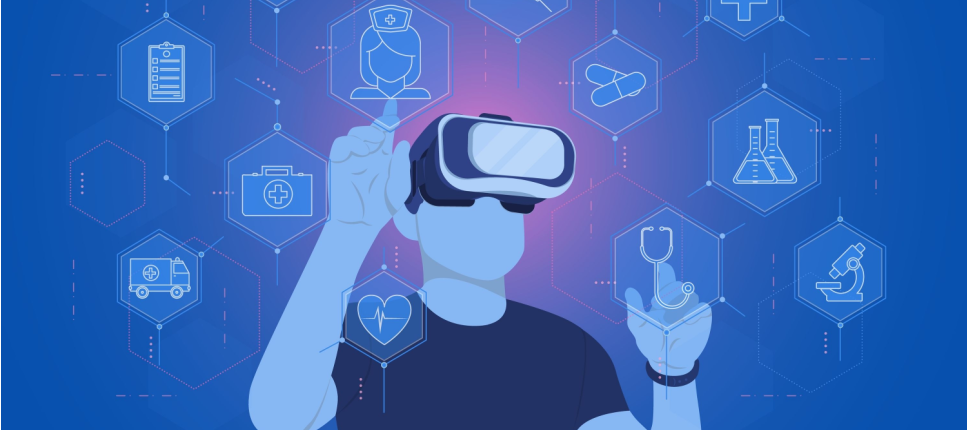 Catherine Meilleur has over 15 years of experience in research and writing. Having worked as a journalist and educational designer, she is interested in everything related to learning: from educational psychology to neuroscience, and the latest innovations that can serve learners, such as virtual and augmented reality. She is also passionate about issues related to the future of education at a time when a real revolution is taking place, propelled by digital technology and artificial intelligence.
Catherine Meilleur has over 15 years of experience in research and writing. Having worked as a journalist and educational designer, she is interested in everything related to learning: from educational psychology to neuroscience, and the latest innovations that can serve learners, such as virtual and augmented reality. She is also passionate about issues related to the future of education at a time when a real revolution is taking place, propelled by digital technology and artificial intelligence.
The “Micro” Trend in Learning: Test Your Knowledge!
In the world of training, the prefix "micro," for "very small," is all the rage. You may have heard of micro modules, micro-credentials or microdiplomas. Shorter generally means more flexible, more attractive, less time-consuming, more economical... So, concepts that put the "micro" in the spotlight are emerging to better respond to new realities, including the need for continuous learning. But in the midst of all this confusion, it can be hard to find your way around. Do you know exactly what microlearning is? Are you familiar with the concept of micro-credentials? Do badges ring a bell? Test your knowledge and find out by answering the following five questions.








